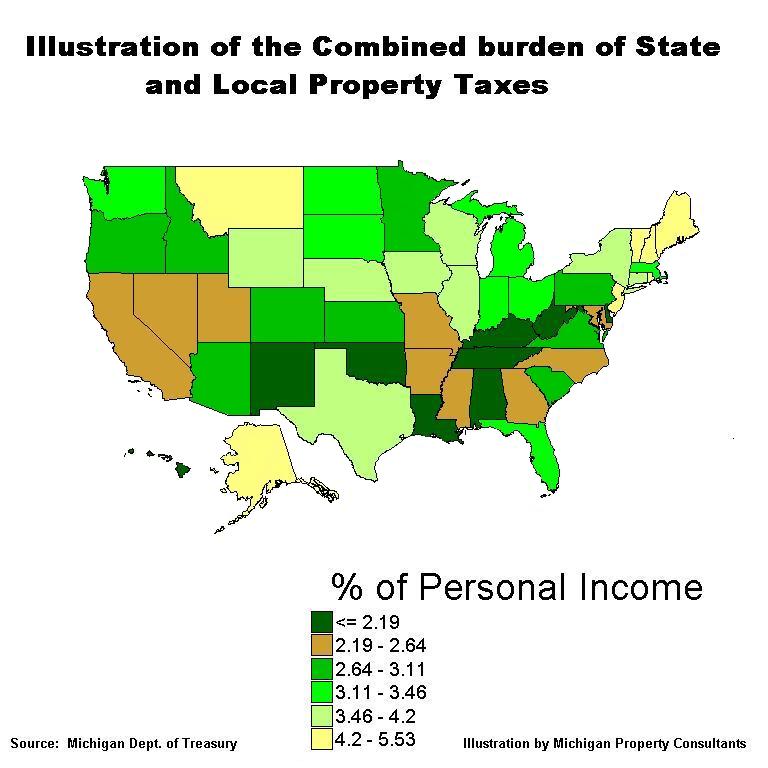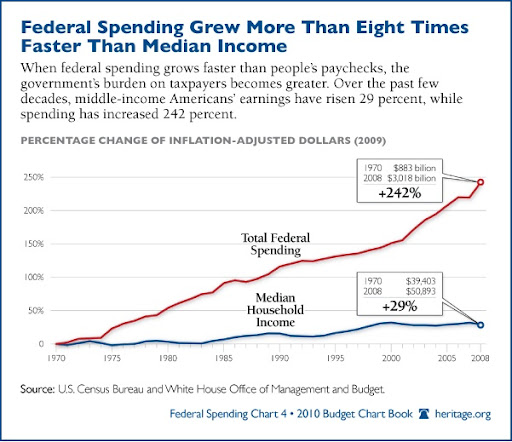There are some important issues on the docket for the ongoing special session. Aside from redistricting itself, the Gov. is pushing for an end to “social promotion” for 3rd graders, something the RGF strongly supports.
Additionally, there are several jobs and economic development issues on the agenda. Various business groups are promoting these initiatives. I have placed a brief explanation of the RGF’s position below the point:
Capital Outlay – Severance tax bonds allow the State to complete capital projects and improve infrastructure statewide. Authorizing these projects now will keep more New Mexicans working. If the capital bill passes in September, projects would receive funding around December. If these projects are not considered until the 2012 session, monies would not become available until May, causing a six-month lag in work.
RGF’s take – Tentative support. The key here is not job creation. After all, we could send construction workers out with shovels to dig and fill in holes if our only goal is “job creation.” We must focus these efforts on building needed infrastructure for the state (the Paseo and I-25 interchange would be a great place to focus resources, but the state may not have the money to start that project at this point)
5% New Mexico business advantage when bidding on contracts with state and local governments – The current statute needs to tighten up residency requirements to ensure that only New Mexico businesses are receiving this advantage. In the past, other entities—which are not true New Mexico businesses—have qualified and received this credit.
RGF’s take – Generally opposed. While it is understandable that New Mexico’s government contractors would want to have similar preferences as those enacted by surrounding states, policymakers are ultimately sticking taxpayers with the bill. New Mexico policymakers should attempt to move the needle in the opposite direction by encouraging open and fair cross-border competition.
High-Wage Tax Credit – By clarifying that the State’s high-wage job tax credit is to be calculated on the wages and benefits earned by the employee, businesses will continue to receive a predictable credit for hiring New Mexicans in “high-wage” jobs.
RGF’s take – Undecided. Generally, we favor moving away from specific tax credits and carve-outs. We’d like to see a dramatic shift towards less taxation of income and economic growth. This may not be on the table for some time, but we remain concerned about the effectiveness of such credits.
Unemployment Trust Fund – This bill addresses the solvency of the Unemployment Trust Fund without adding over $120 million in taxes on small businesses. It keeps the current employer contribution rate stable for at least one more year, so the Governor, lawmakers and industry experts can determine the best approach to achieving a predictable and fair contribution schedule in the future.
RGF’s take – Supportive. The entire unemployment system needs to be revamped, but if policymakers can restore solvency without raising taxes, this is a good step.




